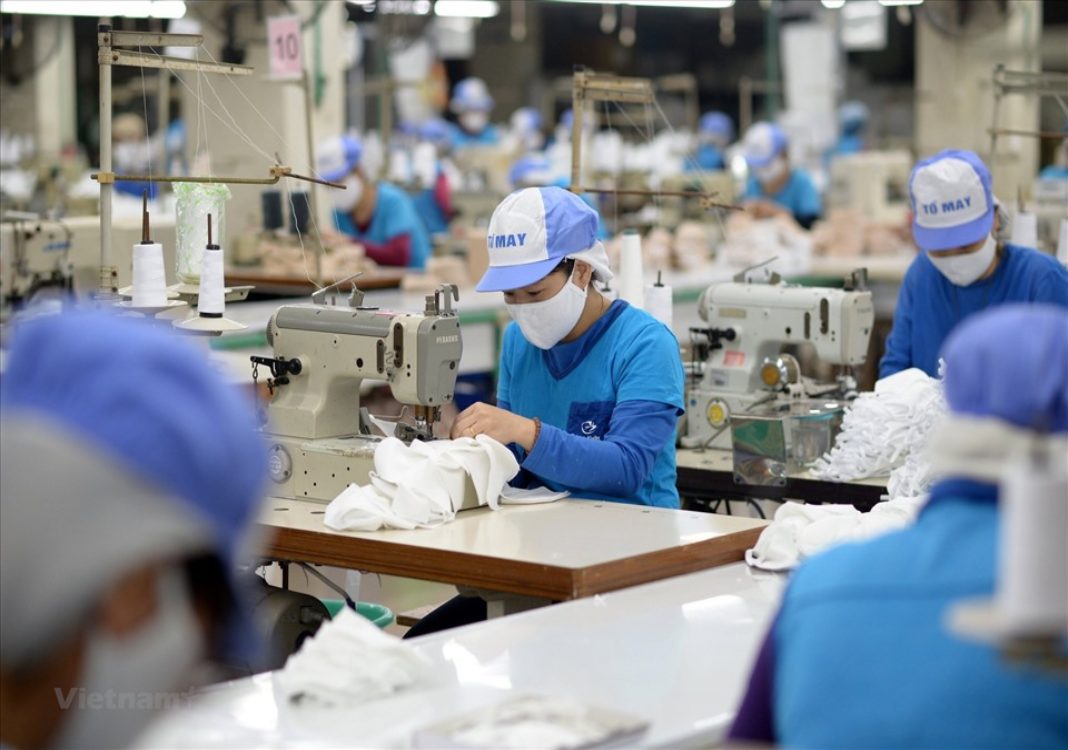HCMC – Contractual penalties have been imposed on several apparel and footwear enterprises for delays in delivery this year by their partners, while these firms are facing a cancellation of orders in 2022.
Over 68% of firms incurred contractual penalties for delayed delivery, while 12.2% suffered unexpected order cancellations and had to pay compensation, according to the results of a survey, jointly conducted by the Vietnam Textile and Apparel Association (VITAS), the Vietnam Leather, Footwear and Handbag Association (LEFASO) and a public-private partnership group in September.
Besides, 21% of surveyed firms saw their partners cancel orders, but were not asked for compensation, representatives of VITAS and LEFASO told an online talk show on October 8.
Nearly half of the apparel and footwear firms participating in the survey attributed delays in delivery to the prolonged social distancing and hike in logistics and shipping fees.
The results of the survey also showed that great expense caused by the prolonged social distancing period and shortages of human resources had put much pressure on apparel and footwear enterprises, said Do Quynh Chi, director of the Research Center for Employment Relations.
During the social distancing period, when enterprises were applying the stay-at-work model, they had to cover further weekly expenses of VND2.2 million for each worker on average for allowances, meals and Covid testing.
As a result, a firm with 1,000 employees had to spend an additional VND2.2 billion to maintain its production activities under the stay-at-work model.
Due to increased expenses, over 65% of apparel and footwear firms suspended their operations in September, according to the survey.
Another concern facing these firms, mainly those in the southern region, was a severe shortage of workers as a large number of migrant workers have been rushing back to their hometowns.
Truong Van Cam, vice chairman of VITAS, said that millions of workers, mainly in the apparel and footwear sectors, had returned to their hometowns, plunging the supply chains to the verge of protracted disruption.
Data from the Ministry of Industry and Trade showed that the export of handbags, valises and caps between January and September amounted to US$2.24 billion, down 3.7% year-on-year. Exports of footwear dipped by 44.2% in volume year-on-year, while the apparel sector saw exports drop by 18.6% in volume.









